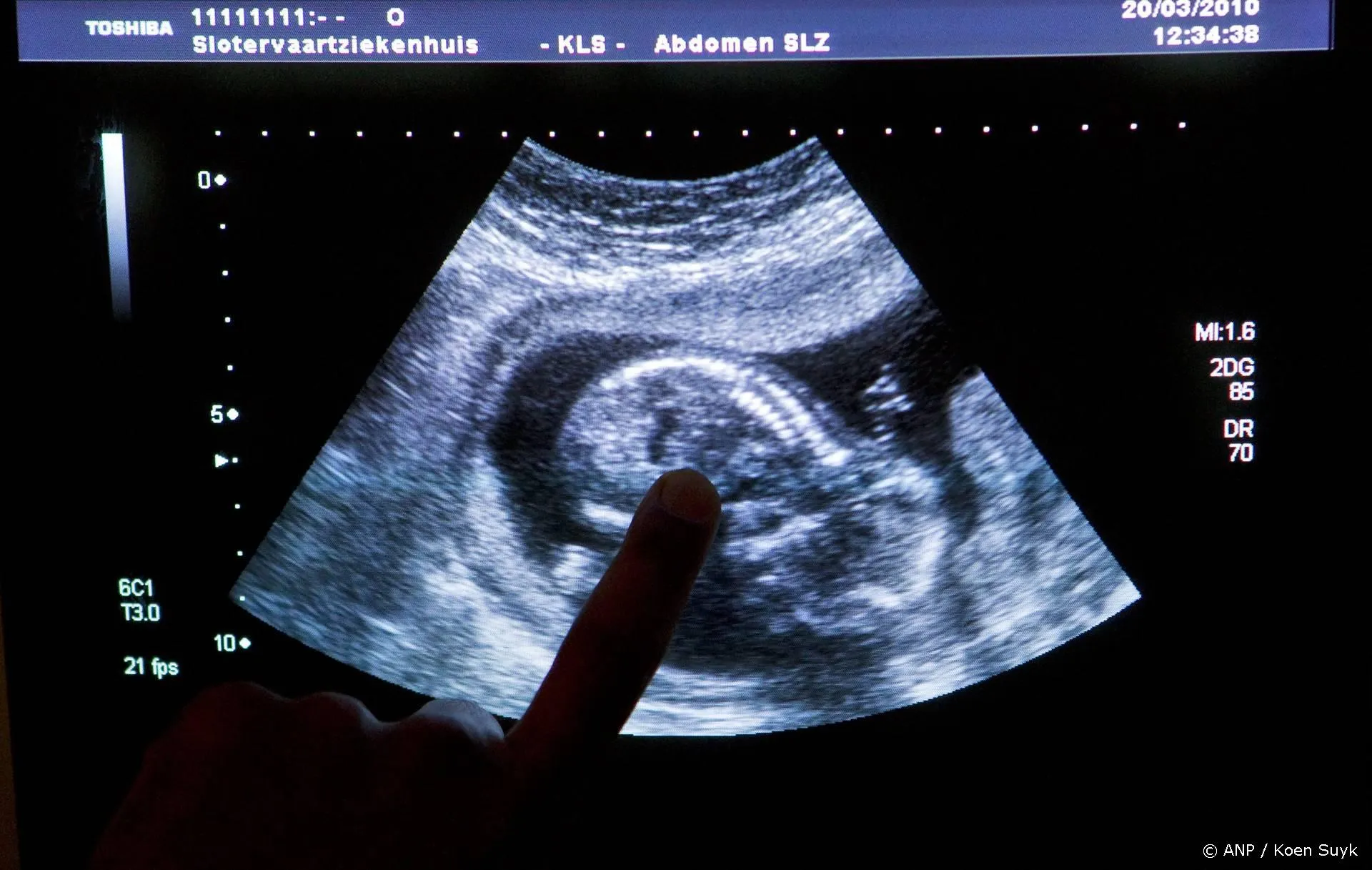Groeiende aandacht voor rol van de zon
Gaat de zon in 'winterslaap'?
De laatste tijd is er toenemende aandacht in de wetenschappelijke literatuur voor indicaties van afnemende zonneactiviteit, die tot een nieuwe koudeperiode zou kunnen leiden.
Onder de titel, 'Is It The Sun?', schrijft Jack Dini op de website van Canada Free Press:
We may be witnessing the suns last dying gasps before entering into a long slumber. The impact of that slumber on Earths climate remains the subject of growing scientific speculation.
Jack Dini geeft vervolgens een overzicht van een aantal recente artikelen waarin variaties in de activiteit van de zon worden gekoppeld aan klimaatveranderingen. Het meest recente artikel betreft een Chinese studie.
A 2014 paper by Chinese scientists reported the impact of carbon dioxide on climate change may have been overstated with solar activity giving a better explanation of changes in the Earths temperature. The paper found a high correlation between solar activity and the Earths averaged surface temperature over centuries, suggesting that climate change is intimately linked with solar cycles rather than human activity. Indeed, the study says that the modern maximum a peak in solar activity that lasted much of the last century corresponds very well with an increase in global temperatures.
Russian scientists foresee an even more dramatic situation. They predict that a little ice age will begin in 2014.
In their book, The Neglected Sun, authors Fritz Vahrenholt and Sebastian Luning pose that temperatures could be two-tenths of a degree lower by 2030 as a result of an anemic sun, which would mean warming getting postponed far into the future.
Note that these reports are from researchers around the world. .
Dini sluit af met een citaat van de bekende Canadese wetenschapsjournalist Lawrence Solomon:
The upshot for scientists and world leaders should be clear, particularly since other scientists in recent years have published analyses that also indicate that global cooling could be on its way. Climate can and does change toward colder periods as well as warmer ones. Over the last 20 years, some $80 billion has been spent on research dominated by the assumption that global temperatures will rise. Very little research has investigated the consequences of the very live possibility that temperatures will plummet. Research into global cooling and its implications for the globe is long overdue.
Lees verder hier.
Voor mijn eerdere DDSbijdragen zie hier.
Ga verder met lezen
Dit vind je misschien ook leuk
Laat mensen jouw mening weten
Plaats reactie


